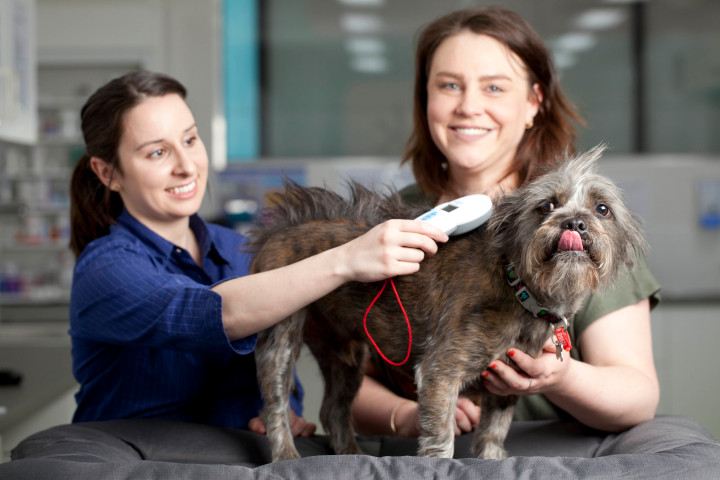HALF a decade on from the start of Covid-9, new data from Greencross Pet Wellness Company (owner of Petbarn and Greencross Vets), shows Australia is on the brink of an unprecedented surge in ageing pets.

Nearly 400,000 dogs and close to 300,000 cats already classified as seniors – a figure set to rise as lockdown pets mature.
To prepare for this grey wave cohort of adult and senior pets, Petbarn is urging pet parents to be empowered with knowledge about the particular needs of older pets as their beloved companions transition into their ‘Golden Years’ and look forward to a long, full, happy and healthy life.
Insights from Petbarn’s data from over 350 thousand pets registered in the Greencross Vets network unveils a startling truth: some pets may enter the senior life-stage as early as five years old (depending on the species and breed), making it more important for owners to understand the ageing needs of their pets.
This means pet parents should discard the old school cat/dog years guideline and embrace a more holistic approach to pet wellness.
Using the cat/dog years guideline is now considered obsolete as it overlooks multiple factors impacting an animal’s ageing journey, including size, genetics, environment, and breed. Petbarn’s has a guide to age for dogs and cats on its website.
Whilst pet parents understand the specialised needs for puppies and kittens, many are unaware of the impending needs of senior dogs and cats,” says Dr. Michael Yazbeck, Veterinary Director at Greencross Vets.
“The adult stage of a pet’s life is crucial for preventing issues and illnesses later in life, yet pet care often becomes complacent post puppy years.”
“We know that around 80% of dogs three years old and over have some sort of dental disease which can lead to significant health issues down the track. We also know there are specific issues more prevalent in certain breeds such as heart disease in smaller dogs and joint issues in German Shepherds and Golden Retrievers.”
And with pets living longer, it’s not just physical conditions that matter, but also mental ones. Recent research from the University of Adelaide examined canine cognitive dysfunction (CCD), often known as doggy dementia, which can affect up to 60% of dogs over 11.
